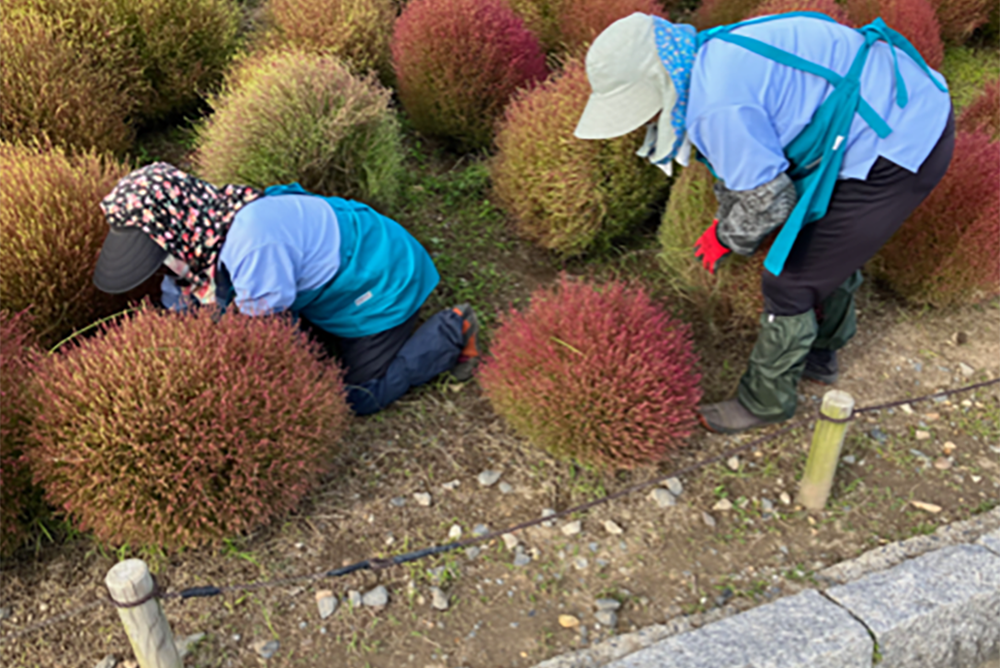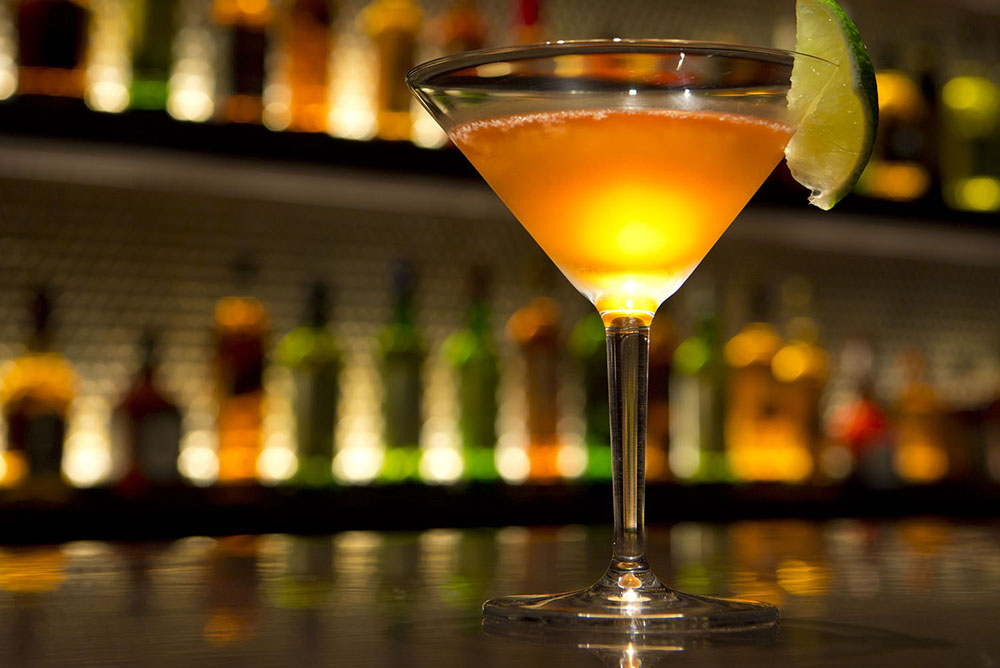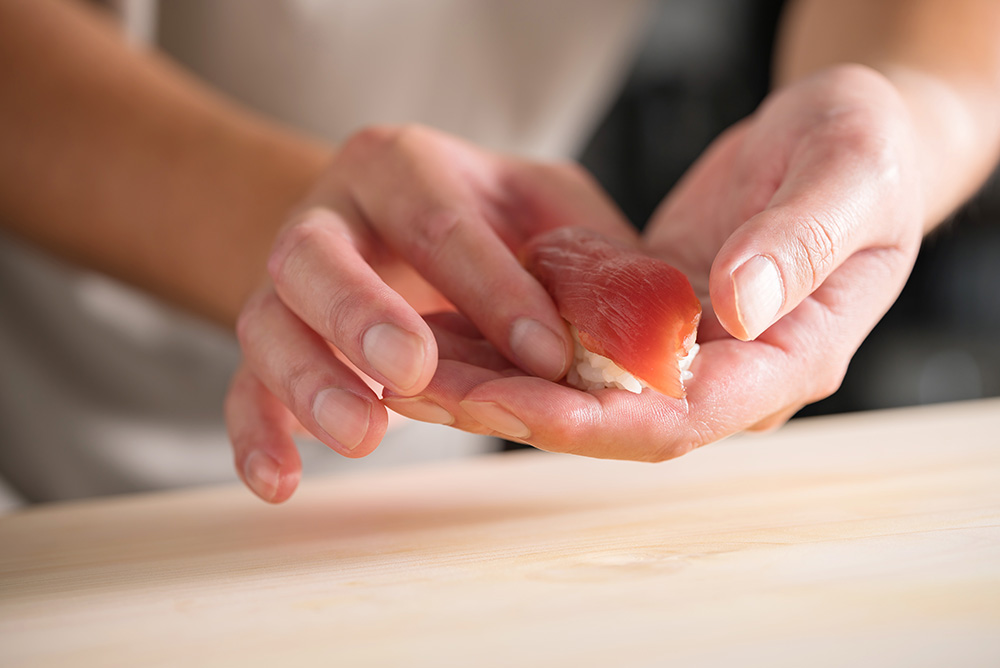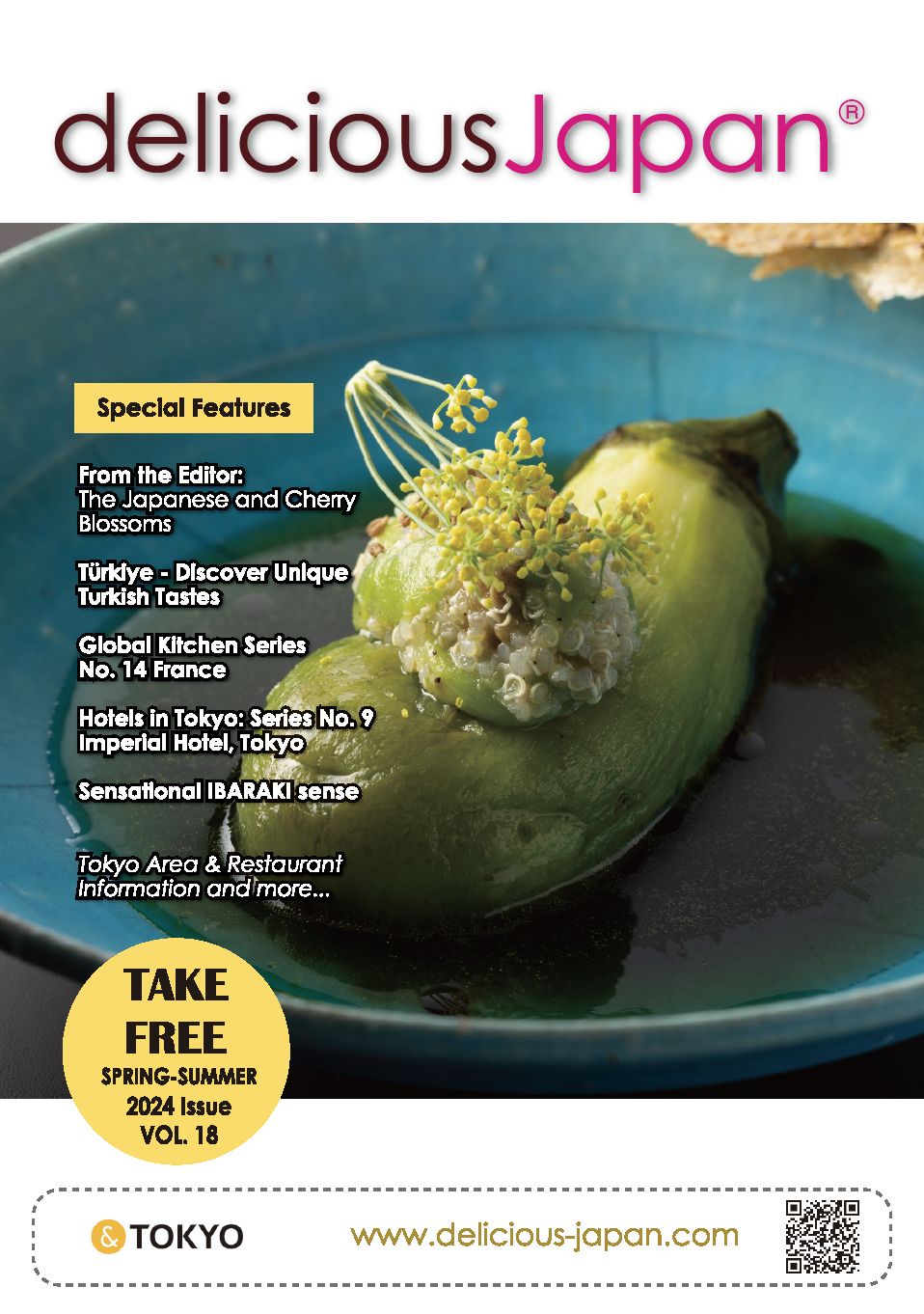Special Interview with Mr. Kanji KANO, President of the Japan Riding Association for the Disabled

“By Facing a Horse, We Learn to Walk Again”
Kanji KANO Envisions the Future of Para-Equestrian Sports and Therapeutic Riding
Galloping through the wind alongside a horse, the boundaries of disability, age, and gender quietly fade. At the para-equestrian competition held in May 2025 at the JRA Equestrian Park, riders from diverse backgrounds faced their horses with determination and grace. Riding is more than a sport; it is a dialogue between human and horse, as well as a form of therapy that connects mind and body. For many years, Mr. Kanji KANO, President of the Japan Riding Association for the Disabled, has supported this field with unwavering dedication. A true horse lover, Mr. KANO has stood beside those on the path to recovery, offering quiet strength and a deep belief in the transformative power of riding. We invite you to read his inspiring reflections.
 Mr. Kano today
Mr. Kano today Mr. Kano as a high school student when he began horseback riding
Mr. Kano as a high school student when he began horseback ridingA Life Shaped by Horses
In 1966, upon entering Gakushuin Boys’ Senior High School, Kanji KANO joined the equestrian club without hesitation—a decision that would profoundly shape the course of his life. Enchanted by the sport of horseback riding, he devoted his student years to training with horses day after day. Even after graduation, he continued his involvement at a riding club, ultimately leaving a lasting mark on both the Japanese equestrian world and the development of therapeutic riding for individuals with disabilities.
“Ninety percent of my life has been spent with horses,” he says calmly, yet with firm conviction. His words reflect not only a passion for the sport but also a lifelong commitment to horses as partners in both challenge and healing. The pivotal moment in Mr. KANO’s journey into para-equestrianism occurred in 2000 when he organized a trial riding session for children with disabilities at the riding grounds of his alma mater, Gakushuin. This event, held in collaboration with Toshima Ward and local special-needs schools, marked the beginning of therapeutic riding in Japan.
The inspiration came from an offhand remark by Mr. Kawashima, then head of the Gakushuin equestrian club: “They say putting someone with a disability on a horse can have amazing effects.” These simple words resonated deeply with Mr. KANO and became the foundation of more than two decades of passionate advocacy.
His dedication led to significant milestones, including Japan’s first para-dressage competition, which took place alongside the nation’s largest dressage event in 2010 (organized by the Tokyo Riding Club). In 2017, he was appointed as a director of the Japan Riding Association for the Disabled, and that same year, he oversaw both Japan’s first international para-dressage competition (CPEDI) and the inaugural All-Japan Para-Dressage Championship. In 2020, he became the president of the association. The following year, at the Tokyo 2020 Paralympic Games, he served as a presenter during the equestrian award ceremonies, further solidifying his role as a guiding force in the advancement of para-equestrian sports in Japan.
 When the CDI and CPEDI were held simultaneously in 2019
When the CDI and CPEDI were held simultaneously in 2019
The Moment You Touch a Horse, Your World Begins to Change
By touching and riding a horse, something within a person quietly begins to shift. Horses typically stand about 160 cm tall, and when someone mounts one, their perspective naturally elevates, transforming the entire view. For individuals who usually rely on a wheelchair in daily life, this change in eye level brings an immeasurable sense of transformation.
“The moment you sit on a horse, the world changes. The landscape looks different, and your heart gently begins to open,” says President KANO.
Horses have a body temperature that is higher than that of humans, and their warmth is transmitted directly through physical contact. Riding a living animal, moving together in rhythm, becomes a deeply healing and educational experience that engages all five senses. Mr. KANO himself once participated in a training program where he rode without holding the reins.
“I had to completely surrender myself to the horse, to trust it. Of course, there was fear, but it was only through that trust that I felt a true connection,” he recalls.
“To anyone interested in trying horseback riding—even just once—I encourage you to simply touch a horse,” President KANO gently advises. His words are meant not only for potential riders, but also for their families. Regardless of age, gender, or disability, everyone is welcome to encounter a horse. “Something may begin from that single moment. Your world could change. Your life could change. Such is the power of meeting a horse.”
Horses Cross Boundaries
Horseback riding has the quiet yet undeniable power to transcend the many “boundaries” that exist between us—disability, age, gender, and more. “When a wheelchair user rides a horse, the movement of the horse’s four legs mimics human bipedal walking. This natural motion stimulates internal organs and activates the body. As I mentioned earlier, the elevated point of view also opens up new perspectives and reveals a world previously unseen,” says President KANO.
Interacting with a horse goes far beyond rehabilitation. It is a path to restoring human dignity and self-worth. “Horses never lie. They sense a person’s true feelings. If you are afraid, the horse becomes wary. But if you trust it, the horse responds in kind. That is what it means to become ‘one with the horse.’”
Therapeutic riding provides profound benefits for both the body and mind. Over the years, President KANO has witnessed countless “moments of transformation.” One story, in particular, remains vivid in his memory.
“One day, a young child came to a riding session. The moment he saw the horse, he burst into tears. The mother desperately hoped her child could ride, but the child kept shaking his head. His mother didn’t force anything—instead, she allowed the child to feed the horse some carrots that day. However, the next time, that very same child exclaimed, ‘I want to ride!’ After the session, the joy on that child’s face was indescribable. Even the mother said she had never seen such a radiant smile.” President KANO still recalls that moment clearly.
“A single encounter with a horse can move the human heart so deeply. That smile remains one of my most treasured memories.”
The Future of Para-Equestrian Sports and Horse Therapy
Para-equestrian sports remain in a developmental stage. In Japan, there are currently only about 20 to 30 active riders, and just six of them are considered capable of competing at the international level.
“We need more people to simply experience horses—to try horseback riding as a sport,” says President KANO. Expanding the base of participation and creating an environment to nurture future athletes is, in his view, the most urgent priority. Driven by a strong desire to build para-equestrianism into a “world where medals are within reach,” he is also committed to promoting regional competitions and strengthening ties with local communities.
Therapeutic riding, conversely, has gained traction nationwide, with over 100 organizations reportedly engaged in related activities. However, most operate independently, lacking a unified qualification system or standardized guidelines.
“To ensure safe and reliable programs across the country, we need to establish a shared certification system and foster networks among organizations,” President KANO emphasizes, speaking from extensive experience in the field.
When asked, “What does the horse mean to you?” he responds without hesitation: “Humans sometimes lie with words. But horses never lie. They see through to the human heart—and they heal it. Horses are therapists who never lie.”
Forging the Future Together with Horses
President KANO’s vision for the future of therapeutic riding is clear. It is based on two foundational pillars: creating a national framework that unites organizations across Japan and developing athletes capable of competing at the international level. “Therapeutic riding is welfare, it is education, and at times, it is even medicine. And para-equestrianism is a legitimate sport that stands proudly on the world stage,” he affirms. President KANO consistently emphasizes the importance of nurturing these seemingly separate fields—welfare and sport—together.
“For Japan to advance in both areas in tandem, we must now establish a new foundation for systems and human resource development,” President KANO declares. Through horses, people connect with one another. Minds and bodies find balance. New possibilities emerge. Believing in that future, President Kanji KANO continues his tireless journey—to lead, to build, and to open new paths alongside the horse.
About the Japan Riding Association for the Disabled (JRAD)









